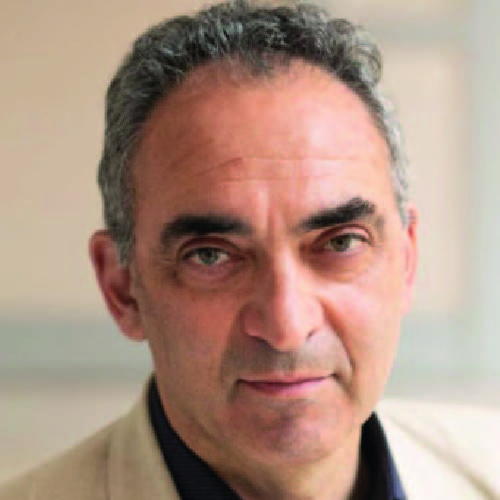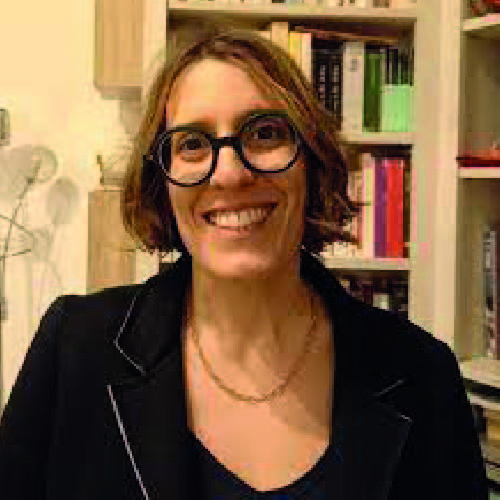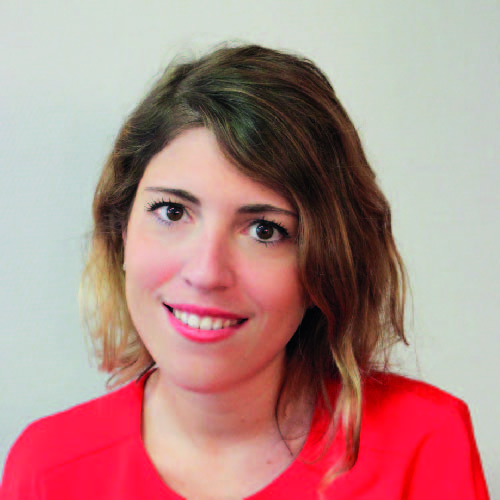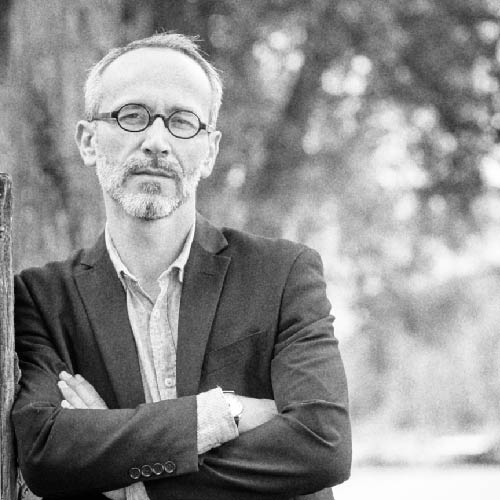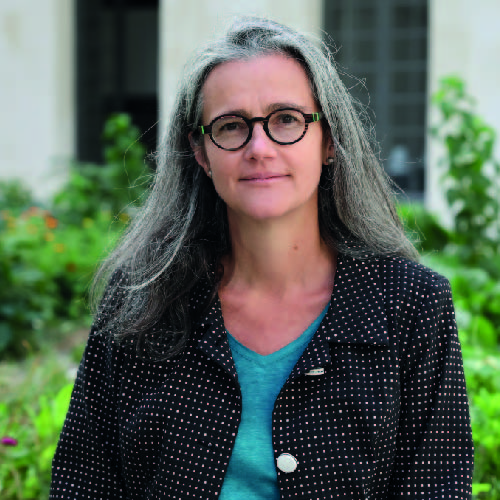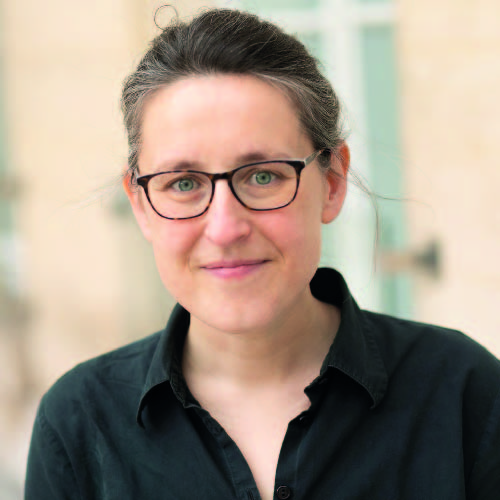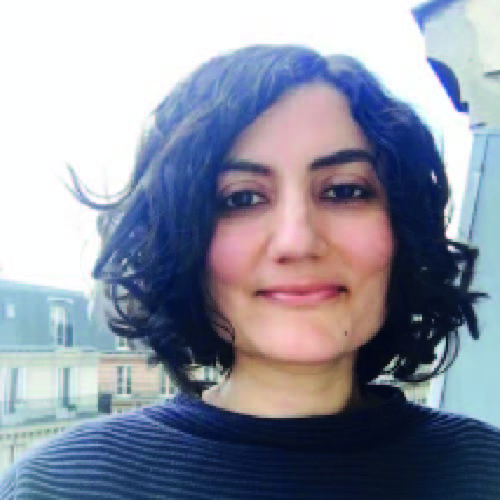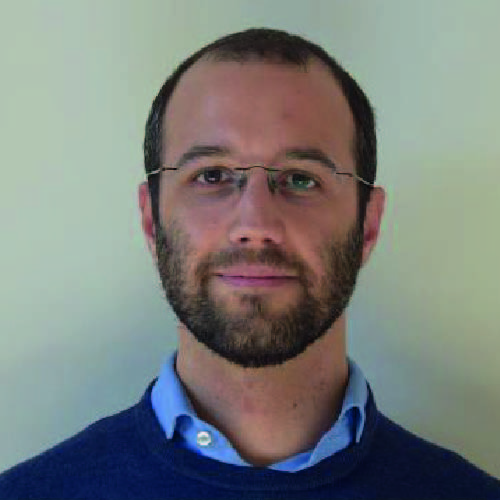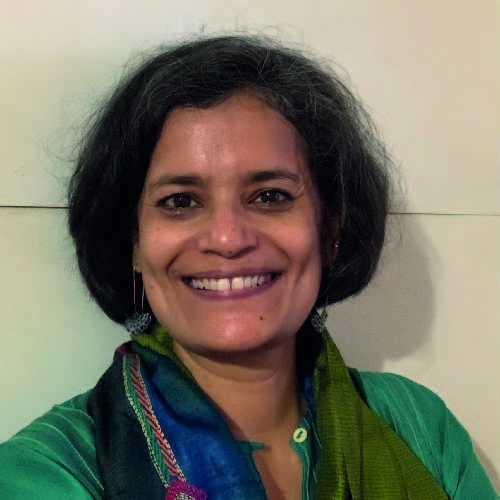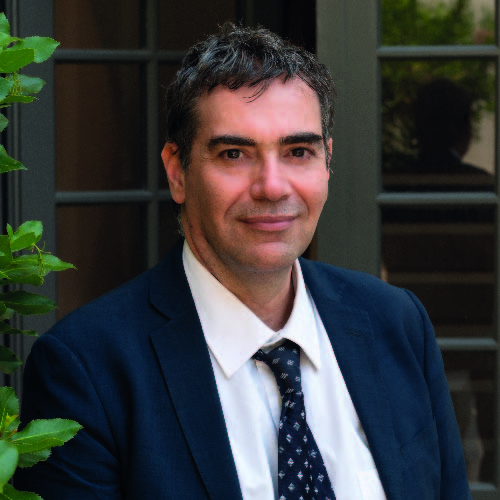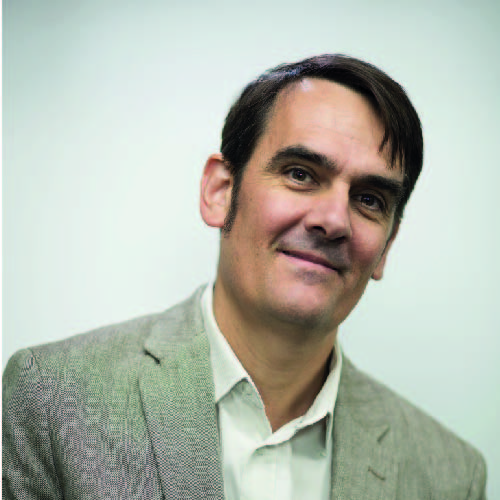AESOP 2024 ANNUAL CONGRESS | ROUNDTABLES
36th AESOP Annual Congress 2024 Paris, France
“GAME CHANGER? Planning for just and sustainable urban regions”
Participatory processes and their impact analyses in urban (re)development: obstacles and perspectives
Organizers :
- Xiaoxia Zhang, Delft University of Technology
-
Moritz Maikämper, ARL – Academy for Territorial Development in the Leibniz Association
Speakers:
- Cas Vercruysse, Delft University of Technology
- Moritz Maikämper, ARL – Academy for Territorial Development in the Leibniz Association
- Xiaoxia Zhang, Delft University of Technology
In the context of urban (re)development, although a mass of research attention has been paid to participation processes and their related impacts, there is a lack of explanations for the interrelationship between them. The inadequacy of such discussions relates to two main aspects. First, there is no systematic reflection on the complex relationship between various participatory processes and their impacts. To be specific, while participation has been involved in multiple urban activities like planning and governance practices, design and construction processes, everyday development and management, etc., and impacts analyses have covered the pre-evaluation or post-assessment stages, an overview and systematic examination are still missing. Second, there isan inadequate theoretical foundation for discussions on participatory processes and their impacts. While terms like ‘participation’ and ‘impacts’ are widely mentioned in various theoretical or practical settings, their definitions seem to vary strongly between different cases. The resulting definitional obscurities further complicate defining and conceptualizing the relationship between these two concepts.
By including scholars and their insights into this topic, the roundtable is to address the obstacles as well as provide valuable perspectives to examine the relationship between a participatory process and its impact.
The aim of the roundtable discussion is to figure out:
- What obstacles exist to hinder a comprehensive understanding of the interrelationship between participatory processes and their impacts?
- What perspectives are available or potential to be adopted to examine this relationship?
- To what extent process examination and impact analyses can contribute to a better understanding of the effects and impact mechanisms of participatory processes in urban (re)development?
Keywords: Participatory process, impact analysis, urban (re)development, critical perspective
LOC
The Local Organising Committee
